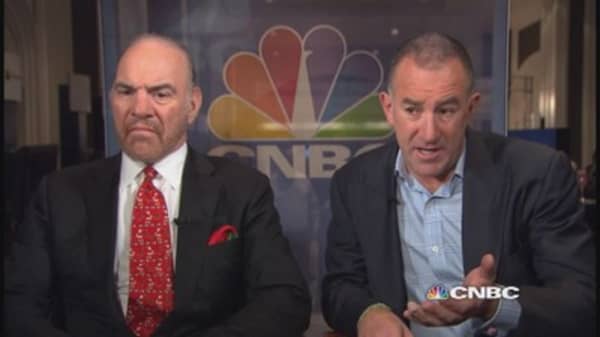The investing world is a better place, thanks to the advent of well-funded online investment advisory services.
Collectively dubbed "robo-advisors," companies such as Betterment, Personal Capital and Wealthfront have managed in just a few years to do what the financial industry has failed to accomplish during a couple of centuries: provide quality investment guidance at a cost accessible to most demographics. It is a long time coming.





